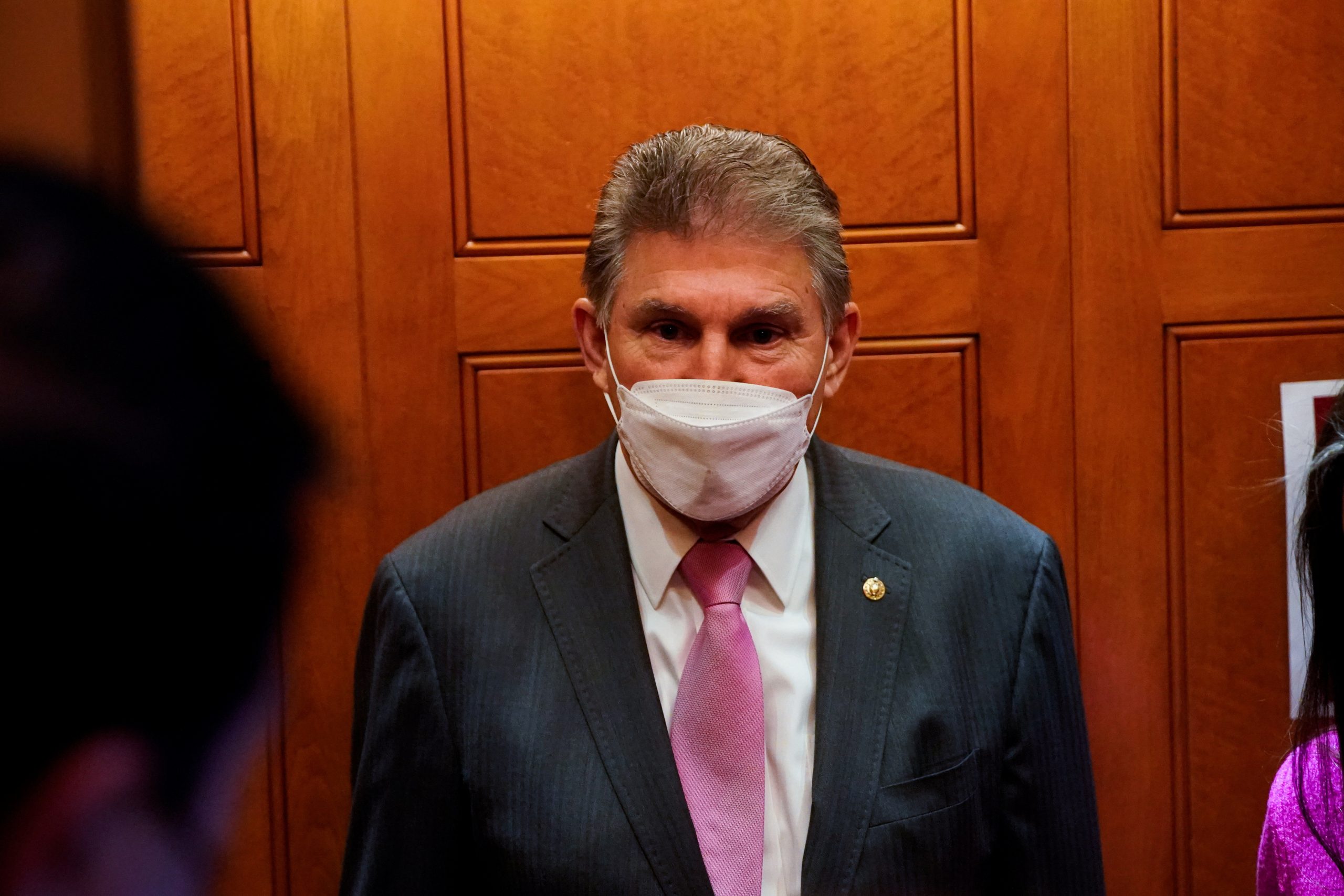
Willie R. Tubbs, FISM News
[elfsight_social_share_buttons id=”1″]
Vote counting reform, which both Republicans and Democrats have long urged, might soon become a reality after a who’s who of Senate centrists and power-brokers introduced a pair of bills that, if passed, would update the Electoral Count Act of 1887 and, the authors assure, help prevent the delays in certifying presidential elections as occurred on Jan. 6, 2021.
“From the beginning, our bipartisan group has shared a vision of drafting legislation to fix the flaws of the archaic and ambiguous Electoral Count Act of 1887,” the senators said in a joint statement. “Through numerous meetings and debates among our colleagues as well as conversations with a wide variety of election experts and legal scholars, we have developed legislation that establishes clear guidelines for our system of certifying and counting electoral votes for President and Vice President. We urge our colleagues in both parties to support these simple, commonsense reforms.”
In the modern Congress, any coverage of a bill proposal must be accompanied by an appraisal of the chances it has of becoming law. In this case, both the Electoral Count Reform and Presidential Transition Improvement Act and its partner Enhanced Election Security and Protection Act stand a remarkable chance of passing the upper chamber, a rarity in the divided Senate.
The bills come with the backing of Sen. Joe Manchin (D-W.Va.), the moderate who has proven a key cog in moving any legislation through the Senate, as well as Sen. Susan Collins (R-Maine), perhaps the most moderate Republican in the Senate.
These two lawmakers alone provide significant shelter for the bill, as each has a track record of bringing his or her colleagues on the left or right into the fold.
However, the remaining 14 co-sponsors provide even more galvanization. Joining Manchin and Collins are senators Rob Portman (R-Ohio), Kyrsten Sinema (D-Ariz.), Mitt Romney (R-Utah), Jeanne Shaheen (D-N.H.), Lisa Murkowski (R-Alaska), Mark Warner (D-Va.), Thom Tillis (R-N.C.), Chris Murphy (D-Conn.), Shelley Moore Capito (R-W. Va.), Ben Cardin (D-Md.), Todd Young (R-Ind.), Chris Coons (D-Del.), Ben Sasse (R-Neb.), and Lindsey Graham (R-S.C.).
Each of these senators has his or her own history of fostering the support necessary to pass a bill.
With nine Republicans already on board, and assuming no Democrats defect, the group is just one vote shy of garnering the 10 Republican votes needed to overcome a filibuster.
The 10th vote might well come from one of the longest-tenured conservatives in the Senate. Minority Leader Mitch McConnell (R-Ky.) has long stated his willingness to support modernizing the 1887 act, and, were he to come aboard, the law would sail into the House.
“We have before us an historic opportunity to modernize and strengthen our system of certifying and counting the electoral votes for President and Vice President,” Collins said in a statement. “I very much hope that Congress will seize this opportunity to enact these sensible and much-needed reforms before the end of this Congress.”
While separate, the two bills are meant to work in unison to streamline the counting of electoral votes, smooth the transition of power even if election results have been challenged, strengthen the security of elections, and make more punitive the punishment for either disrupting vote counts or failing to maintain voting records.
The Electoral Count Reform and Presidential Transition Improvement Act is comprised of two parts. The electoral portion would remove ambiguity as to how and when states submit their electoral votes, primarily by recognizing that each state has an official submitter of votes, typically each state’s governor.
Meanwhile, the transition portion would allow multiple candidates to receive resources when the result of presidential elections are “reasonably in doubt.” Under the current law, only one candidate is allowed to receive such resources.
The Enhanced Election Security and Protection Act comprises four concurrent acts that would stiffen penalties for threatening or disrupting electoral counts, provide federal guidance to those states that choose to allow mail-in voting, reauthorize the commission that assists in testing and verifying voting systems, clarify the role of the Vice President in counting the electoral votes, and strengthen laws that require the preservation of electronic voting records.
Former President Donald Trump responded to the bill, saying that the need to pass it proved that he did legally have a right to dispute the election.
“So the Democrats, RINOS, and almost ALL others said that Mike Pence, or any V.P., had absolutely no right to do anything but send the “Votes” to the Old Broken Crow, Mitch McConnell, even if they were fraudulent, corrupt, or highly irregular,” Trump stated on his Truth Social account. “The V.P. was merely a “human conveyer belt” and could do nothing. BUT NOW, the DEMS & RINOS are working to pass a Bill that stops the V.P. from doing what he was not allowed, according to them, to do. It was all a “Big Lie.” Should have sent back to States.”
